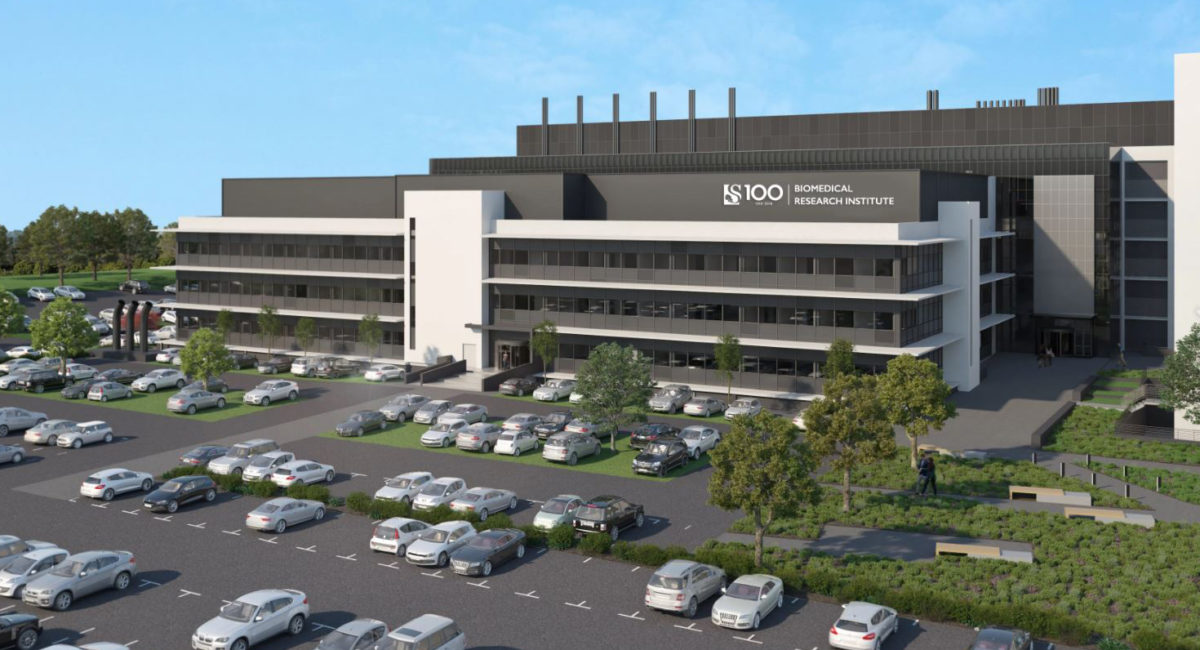South Africa has officially commenced construction on a brand new, state-of-the-art Biomedical Research Institute (BMRI) situated in the University of Stellenbosch.
The BMRI, is aimed at investigating diseases that have a great impact not only in South Africa, but Africa at large. The discoveries made here will be used to improve the diagnosis, prevention and treatment of diseases such as heart disease, diabetes, HIV and neurological disorders.
Also Read: Chinsali Hospital in Zambia nears completion
State-of-the-art facility
Estimated to cost US $75m, the BMRI, will be a state-of-the-art facility that will host A Bioinformatics Hub, Electron microscopy laboratories, Proteomics and FACS laboratories, Morphology Museum, Bio repository, Sun skill Laboratory, Clinical research unit, and Conference facilities.
The facility will a number of unique features, which include; a smart lighting system to detect where natural light is strong and adjust brightness levels accordingly, the building will also be off the water grid, while making use of the campus’ grey water master plan, which harvests rain and borehole water. In addition, all toilets in the building will be flushed with non-potable water.
There will also be a secure bicycle storage grounds within the buildings premises with adjacent shower facilities to encourage staff and students to cycle to work. Work stations and laboratory benches will have outdoor views and will be located in areas that allow access to fresh air and natural lighting.
Most innovative and advanced biomedical research centers in Africa
A system of negative air pressure will keep hazardous fumes or airborne toxins from flowing out of laboratories to the surrounding environment. Potent ventilation and filtration plants will also draw air out of laboratories to the top of the building to be filtered and released.
The new facility will admit instant expansion of up to date research activities as well as strengthen research and teaching capacity in fields such as bio-bioinformatics, genomics, anatomy, neurology, advanced surgical sciences, bio-banking, etc.
Wim de Villiers, SU rector and vice-chancellor commented that the facility would help them realize their vision of becoming Africa’s leading research-intensive university, globally recognized as excellent, inclusive and innovative, where they up grade knowledge in service of society.
Construction works is set to be complete by 2020, is expected to be one of the most innovative and advanced biomedical research centers in Africa.


Very interesting article